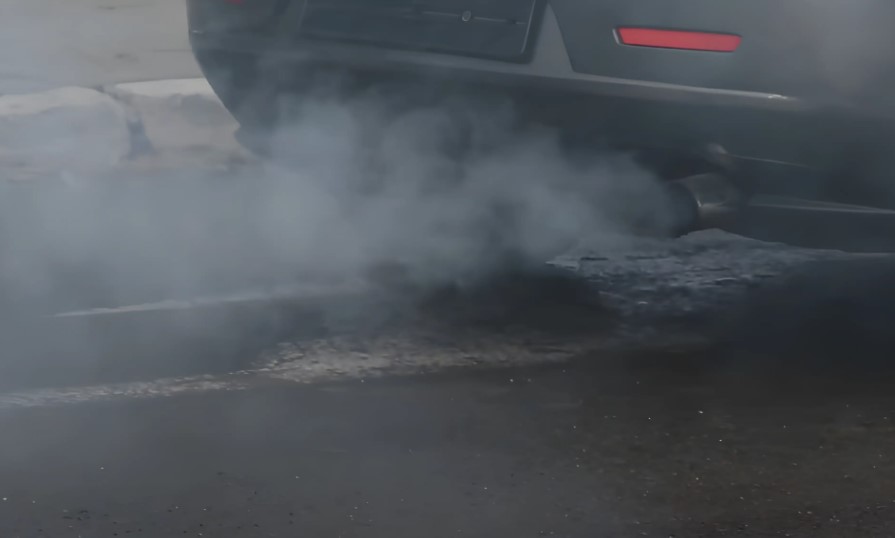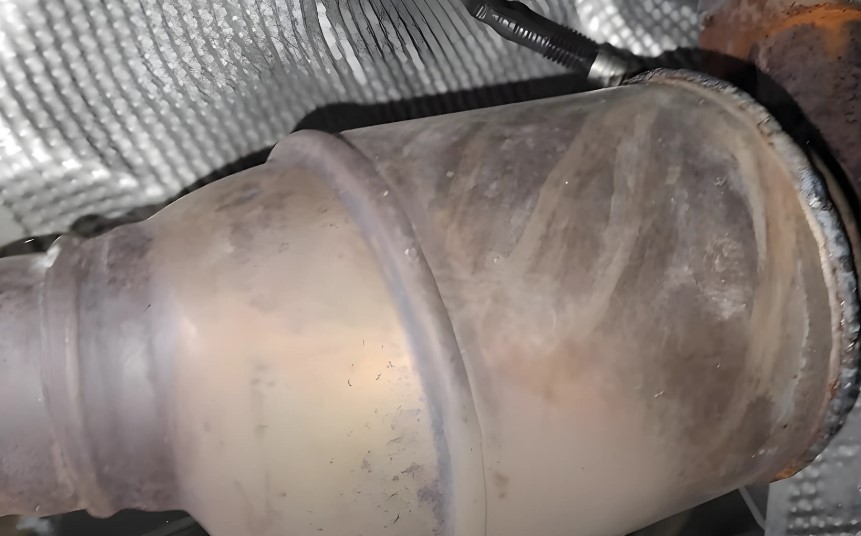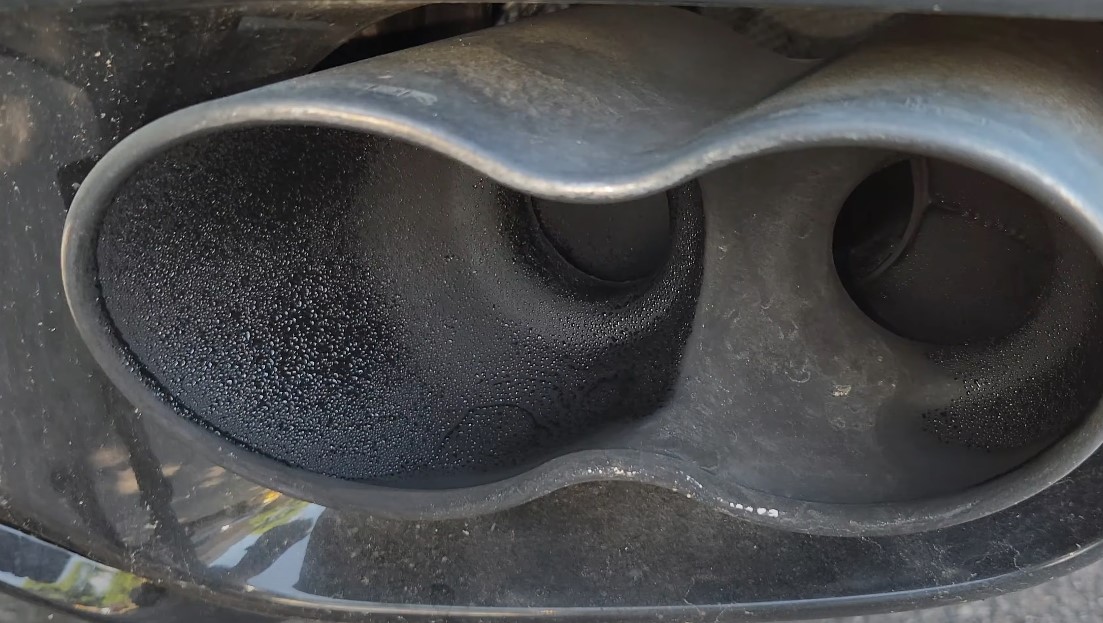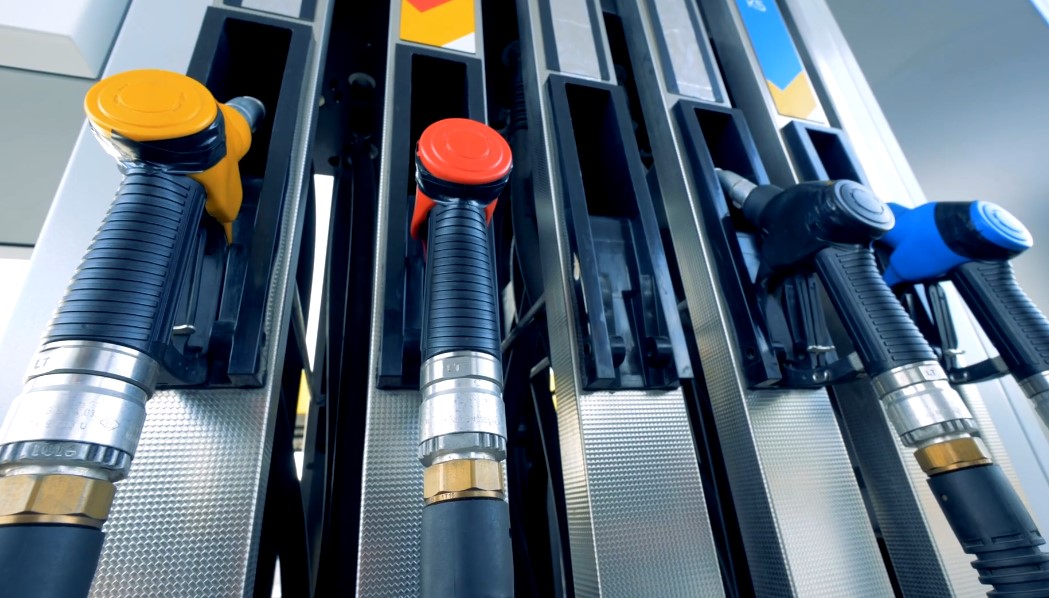
Share Post:
Ever been greeted by that unmistakable stench of rotten eggs when you get into your car? Trust me, it’s an experience you won’t forget anytime soon.
Not only is it downright unpleasant, but it can also point to some serious mechanical issues that need attention right away. Let’s get into what might be causing that awful odor and, more importantly, how to get rid of it.
Table of Contents
ToggleThe Main Culprit for Rotten Egg Smell- Hydrogen Sulfide

The foul odor we’re talking about usually stems from hydrogen sulfide. It’s a sulfur compound that makes your nose wrinkle.
When everything in your car is running smoothly, hydrogen sulfide should get converted into odorless emissions, thanks to your vehicle’s catalytic converter.
But when things go sideways, that process fails, and suddenly, your car is smelling like a carton of expired eggs. Let’s talk about why.
1. Catalytic Converter Problems

The catalytic converter is a highly important part of your car’s exhaust system. It transforms harmful gases from the engine into less harmful emissions.
When it’s working, hydrogen sulfide is converted to something that’s basically harmless and, crucially, odorless. But when the catalytic converter is damaged, clogged, or just not doing its job, that nasty sulfur smell comes back with a vengeance.
How Does This Happen?
A few reasons can cause your catalytic converter to give up on you. Maybe the engine is running too hot, or perhaps it’s contaminated by other substances.
Whatever the case, ignoring this kind of problem isn’t just bad for your nose—it can affect your car’s performance and even lead to increased emissions. And nobody wants that.
2. Fuel System Issues
A rotten egg smell could also be a sign that something’s wrong with your fuel system. Faulty fuel pressure regulators or injectors can cause an imbalance in the fuel-to-air ratio.
If there’s too much fuel and not enough air, combustion doesn’t happen properly, and unburned fuel can pile up, ultimately overloading your catalytic converter. Another possible culprit? A faulty fuel filter.
If sulfur deposits make their way past a bad fuel filter, the catalytic converter gets overwhelmed and doesn’t do its job effectively. The result? Hydrogen sulfide escaping into the air—and into your car.
3. Overcharged or Leaking Car Battery
Believe it or not, your car battery could also be behind that rotten egg odor. Car batteries contain sulfuric acid, and if there’s an issue like overcharging or a leak, hydrogen sulfide can be released.
Overcharging might happen if your alternator is faulty or if you’ve been too generous with a battery charger. The smell isn’t just annoying; a leaking battery can damage other parts of your car and lead to corrosion.
4. Old or Contaminated Transmission Fluid
If your car has an automatic transmission, another possible suspect is the transmission fluid. Old or contaminated fluid can sometimes lead to that unmistakable rotten egg stench.
Over time, transmission fluid wears out and gets dirty, which can cause it to start leaking, especially onto hot parts of the engine.
It’s pretty simple: when transmission fluid isn’t changed at regular intervals, seals and gaskets can break down, and the leaking fluid will make your car smell bad. Stay on top of fluid changes to avoid this problem.
5. Sulfur Buildup from Fuel

Sometimes, it’s the fuel itself that’s to blame. Gasoline naturally contains sulfur, and though regulations limit the amount allowed, variations do exist. If you’re using fuel with a higher sulfur content, your car might emit that sulfuric stench.
Lower quality fuel tends to have more sulfur, which can be tough on your catalytic converter and lead to that rotten egg smell in your car.
6. Electrical Issues
An electrical problem can also be a surprising source of bad smells. Faulty wiring or components that overheat can cause plastic to melt, and sometimes this is mixed in with a sulfuric odor.
If you notice this happening, it’s time to have the electrical system checked. Overheated wires are not just smelly—they’re a safety hazard.
7. External Factors You Might Not Expect
Sometimes, the rotten egg smell isn’t coming from your car’s mechanics at all. It could be something less sinister but equally disgusting. For instance, a dead animal could be trapped somewhere in the car, like the HVAC system or undercarriage, and decomposing animals do not smell good.
Steps to Address the Rotten Egg Smell
@stangry5.0 I about barfed when In the car these past couple days😭 #stangry #mustang #carsoftiktok #carcommunity #boosted #turbo #twinturbo #hellhorseperformance #velocitymotorsports #fyp ♬ Storytelling – Adriel
So, what should you do if your car smells like a rotten egg factory? Here’s a quick action plan:
Diagnostic Evaluation
- Use an OBD-II Scanner: An OBD-II scanner can help identify any trouble codes related to your catalytic converter, fuel system, or other components. If you’re not familiar with this tool, a mechanic can do this for you.
Visual Inspection
- Catalytic Converter: Check for visible damage or discoloration, which could mean it’s overheating. Also, check other parts, including charcoal canister.
- Battery Inspection: Look for leaks, corrosion, or swelling.
- Fluid Leaks: Take a peek under your car. Any puddles of transmission fluid or other fluids could be causing problems.
Fuel System Check
- Fuel Pressure Regulator & Injectors: Make sure they’re doing their job properly. Malfunctioning parts can mean improper combustion.
- Fuel Filter: Replace it if it’s allowing sulfur to pass through.
Battery Assessment
- Check the Voltage: Use a multimeter to see if the battery is overcharging. A mechanic can also help with this.
- Replace if Necessary: If there are leaks or signs of damage, it’s time for a new battery.
Transmission Maintenance
- Change Transmission Fluid: If it’s old or dirty, replace it. You’ll want to also check and replace any damaged seals.
Clean Your Car Thoroughly
- Interior and Exterior Check: Look for any decomposing material. It might be worth checking your HVAC system and undercarriage for anything trapped.
Preventive Measures

Once you’ve dealt with the issue, prevention is key. Here are a few simple things to keep in mind to avoid smelling like you drove through a sulfur cloud.
1. Stick to a Regular Maintenance Schedule
This is honestly the best thing you can do for your car. Follow the manufacturer’s recommendations for oil changes, transmission fluid replacements, and exhaust checks.
Preventive care keeps your car healthy and helps you avoid those nasty surprises.
2. Use Quality Fuel
Don’t cut corners when filling up your tank. Higher-quality fuel means lower sulfur content, which means less chance of your car developing that unpleasant odor. Stick to reputable gas stations.
3. Battery Care
Ensure the battery is well maintained, especially the charging system. Avoid overcharging, and periodically inspect it for any signs of trouble. Batteries should be silent, odorless heroes—if they’re not, something’s wrong.
4. Act Fast on Problems
If you start noticing a smell, or if something just doesn’t feel right with your car, address it quickly. Letting mechanical problems drag on usually makes things worse—and smellier.
Wrapping It Up
Dealing with a rotten egg smell in your car is nobody’s idea of a good time, but it’s important to figure out the cause.
Whether it’s a faulty catalytic converter, old transmission fluid, or even a rogue grocery item, taking action will save you a lot of hassle—not to mention embarrassment when giving friends a ride.
Keep your car maintained, use good-quality fuel, and don’t ignore bad smells.
Related Posts:
- Why Does My Car Smell Like Gas? Common Causes and Solutions
- White Smoke Coming from Your Car's Exhaust? Causes…
- Coolant Leak from the Bottom of the Car - Causes and…
- Car Clicking But Won’t Start? Common Causes and How…
- Why Does My Car Squeak When Turning? Common Causes…
- Slow EV Charging: Causes, Fixes, and Replacement Signs








